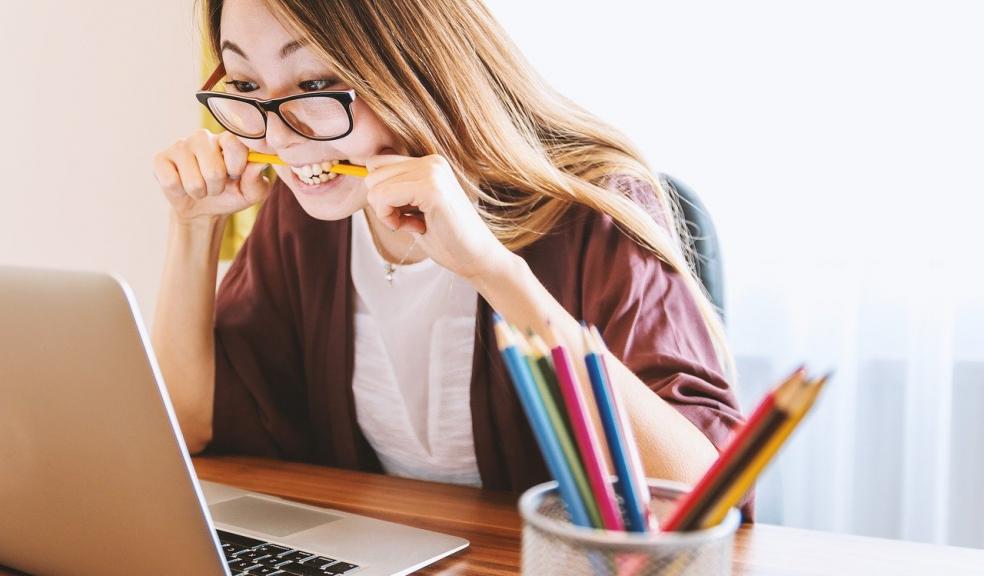
Plymouth students left unable to sleep due to stress, with almost 2 in 5 students claiming the lack of sleep affects their mental health
New research released today has found that students in Plymouth are struggling with sleep, leaving a significant impact on their mental health with over a quarter (27%) admitting to using alcohol to help them rest.
The research, which has looking at student sleep across the UK, has found that university students are facing unprecedented sleep problems which are having a serious impact on their health- with over half (51%) citing stress or anxiety leaving them unable to sleep. As universities around the country are closed due to Covid-19, leaving students feeling particularly vulnerable with a knock-on effect on their mental health, increased stress and anxiety may impact sleep at a more significant level as students navigate studying from home.
The research, released by student accommodation search engine Mystudenthalls.com, has looked into the quality of student sleep for full time UK university students and found that the mental health epidemic is seriously affecting students’ ability to sleep- with worrying consequences. Almost one in five (19%) university students nationally are getting less than just 5 hours of sleep a night, with sleep deprivation leaving them exhausted on average 4 times a week.
With the average annual tuition costs coming in at over £9K, almost half (44%) of students claim financial worries keep them awake at night. Factors such as course workloads (42%) and worries about grades (35%) have been found to be other leading concerns that are stopping students from being able to sleep.
For students in Plymouth, in particular, lack of sleep is a serious issue- 38% said it is affecting their mental health, and a staggering 13% of university students in Plymouth have turned to alcohol to help aid their sleep. This comes as no surprise, as over half (56%) of students in the city feel that there is insufficient support or understanding from their university regarding the impact of sleep problems on mental health. The research suggests there is more to be done by universities to ensure that the impact of poor sleep is managed- particularly as students across the country find themselves living, working and studying from home.
Dan Roberts, Founder, and Director of Mystudenthalls.com comments, “With universities across the nation closed, students have had to switch over to an at-home, online learning format. But for many students, attending lectures through this method isn’t as stress-free as it sounds. Students have always been under a lot of pressure to perform academically, and it’s clear that this is causing students a lot of stress, and in particular, having an effect on their ability to rest.
It’s important that universities, as well as other student services and institutions, are monitoring students' health and wellbeing during these unprecedented times. They may need to start ensuring they are offering more support than usual to compensate for issues preventing students from not getting enough quality sleep, such as work environments and workloads.”












